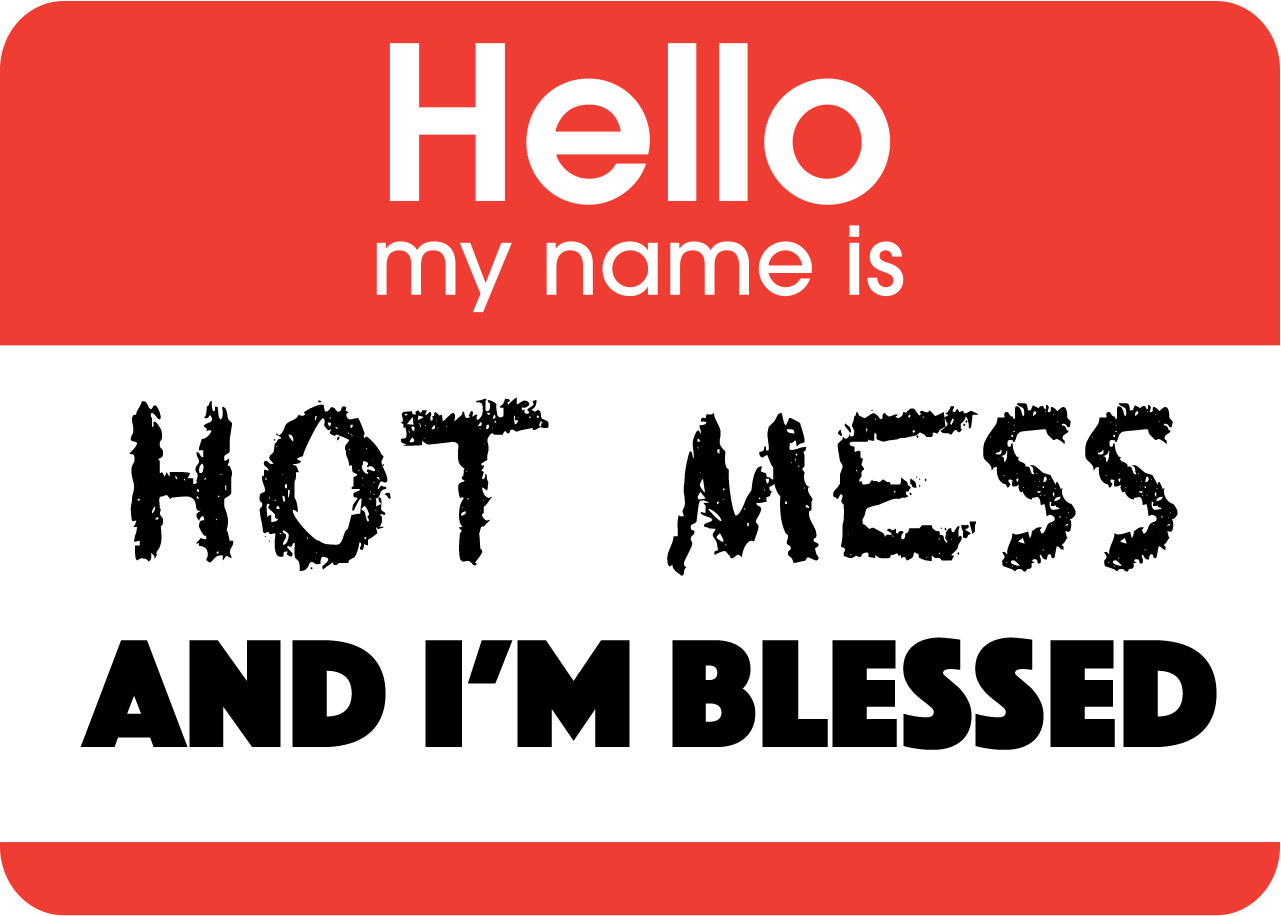We’re all learners at life, faith, and prayer. We have to figure out how prayer becomes more than something that the preacher talks about on Sunday or something that we do right before we go to sleep or we have a meal.
The Psalms are there to take us deep into our hearts. They’re like a personal trainer or a coach. You know they’ll help you do good things, but it’s very painful so you don’t do it all by yourself. The Psalms force us to deal with the deep suffering and pain of life even before anything has gone wrong. While we are doing well, it is hard to read about deep pain and suffering. In the same way, the Psalms force us to pray in ways that praise God and give thanks when we don’t feel that way at all. They are like exercise. It’s against the grain. The Psalms push us and pull us emotionally in ways that, when we are ignoring the beautiful language, we find that we think, “Oh, really? That’s not the way I feel.”
The Psalms teach you the language of God’s prayer. They force us to deal with the real God the way the real God is. Eugene Peterson is the guy who translated the Bible into that version we call The Message. Peterson says that in our culture, prayers are about us. He says, “Left to ourselves, we will pray to some god who speaks what we like hearing or to the part of God that we manage to understand. But what is critical is that we speak to the [real] God who speaks to us.” Only the real God can speak back. The Psalms train our ears for that conversation. What is essential in prayer is not that you learn to express yourself. What’s essential in prayer is that you learn to answer the God who is already talking to you.
The first words of this meditative prayer are actually a command. “Bless the LORD.” The Psalmist is not talking about being healthy or having enough money or even being happy. The Psalmist does not seem to be concerned about whether you are fulfilled in your life. Instead, the Psalm says what is important is that the people who have a relationship with God are filled with gratitude. They have a sense of freedom.
To bless something in the Bible is the opposite of cursing something. Some things we curse, whether it’s traffic or a parking ticket. Some things we bless. When we bless people, we affirm them. We delight in them. We seek their fulfillment. When we bless, we want them to have the deepest desires of their hearts. Blessing people is to be grateful for them, so to bless God, it says, “Bless the Lord,” to bless God is more than to praise God. Find a good thing about God and say, “This is neat that You’re like this.” Eugene Peterson says, “Psalm 103 expresses the experience (not the doctrine) of salvation. This is what it feels like to be saved.” This isn’t what it’s intellectually like to be saved. This is what it feels like to be saved. It’s a response, meditation on that.
When we receive the benefits of life with God, we become grateful people. But in order to be grateful, you have to take time to receive and recognize your gifts and believe that you are blessed. In our age today we have immense pressure to be self-made, successful, independent. Increasingly our culture seems to be amoral because our identities are rooted not in what we’ve been given, or the gifts with which we’re blessed, but by what we have earned or deserved (or believe that we have). Those who seem to be less than blessed are deemed despicable, trouble, losers – hot messes. The blissful language of the psalms can seem quaint, antiquated, well-meaning; yet it’s actually radically counter-cultural, inviting us to a new paradigm, a transformed way of envisioning ourselves, each other and God.
Questions for the practice of Examen & Contemplation
- What word, phrase or image grabs your attention?
- How is the psalmist blessed? How about Sarah and Abraham? What does living as being blessed to be a blessing look like?
- How are you blessed? How are we as a community of faith blessed?
- How does the word of this story touch – our life as individuals and as the church here in Oakland – today, inviting us to the counter-cultural way of living as paying forward the ways in which we are blessed?
Download the study sheet that we’ll use in our Vocabulary of Faith Discussion Class @CAPCOakland HERE.
(The first 5 paragraphs are largely adapted from a sermon of John Crosby at https://www.cpconline.org/wp-content/uploads/2015/09/09-20-2015-Sermon-John-Crosby-Final.pdf)
 Psalm 103 & Genesis 12:1-4
Psalm 103 & Genesis 12:1-4